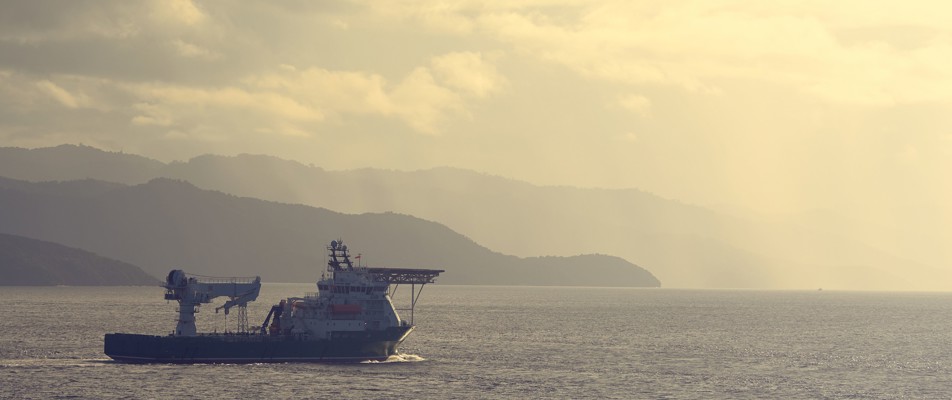Share your DP incident
Ensure the industry learns the lessons

Explore 0 DP events and incidents, shared freely with the industry to ensure lessons are learned, as part of our mission to improve performance in offshore delivery.
Individual entries can be downloaded as a PDF to easily share and print within your own organisation. Fully searchable for quick reference. What are these?
Total entries found: 151
Sorted by:
Whilst connected to a turbine, an alarm was generated on the DP operator station, ‘Unbalanced load on SWBD 1’.
DPE 01/25
16 January 2025
Undesired event
Loss of the CyScan position reference system generated a reference system failure alarm and moments later the vessel began to lose position with the accompanying alarms.
DPE 01/25
16 January 2025
Incident
The stern thrusters started to oscillate which transferred to an oscillating motion of the vessel and high forces were being used to try to maintain position.
DPE 01/25
16 January 2025
Incident
Whilst pipelaying in shallow water, the vessel experienced a tension sensor failure on one tensioner.
DPE 01/25
16 January 2025
DP emergency drill scenarios are included to assist DP vessel management, DPOs / Engineers, and ETOs in conducting DP drills onboard.
DPE 01/25
16 January 2025
Drill Scenario